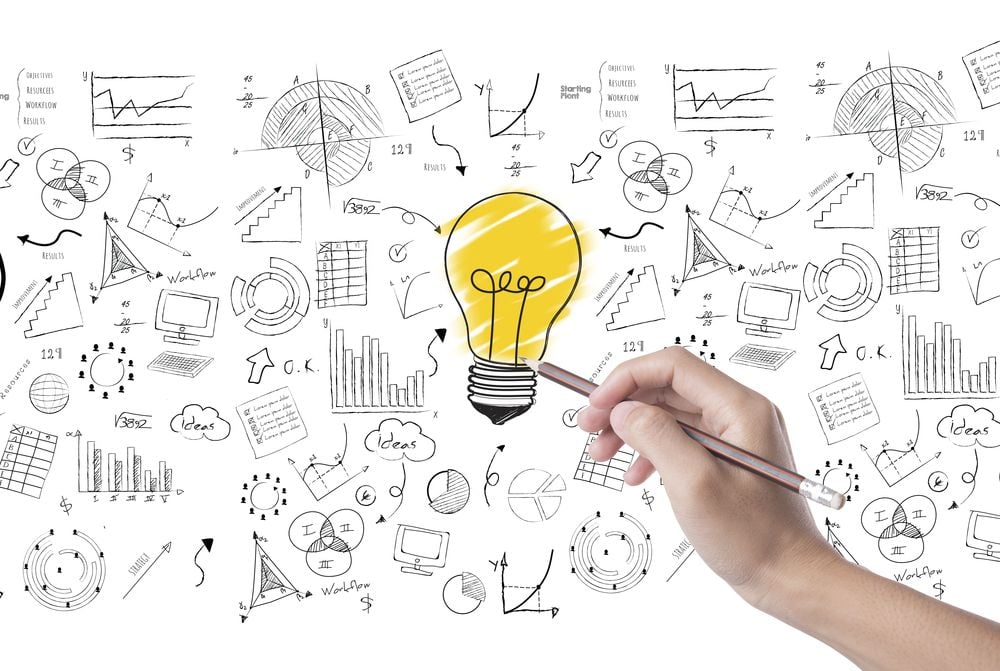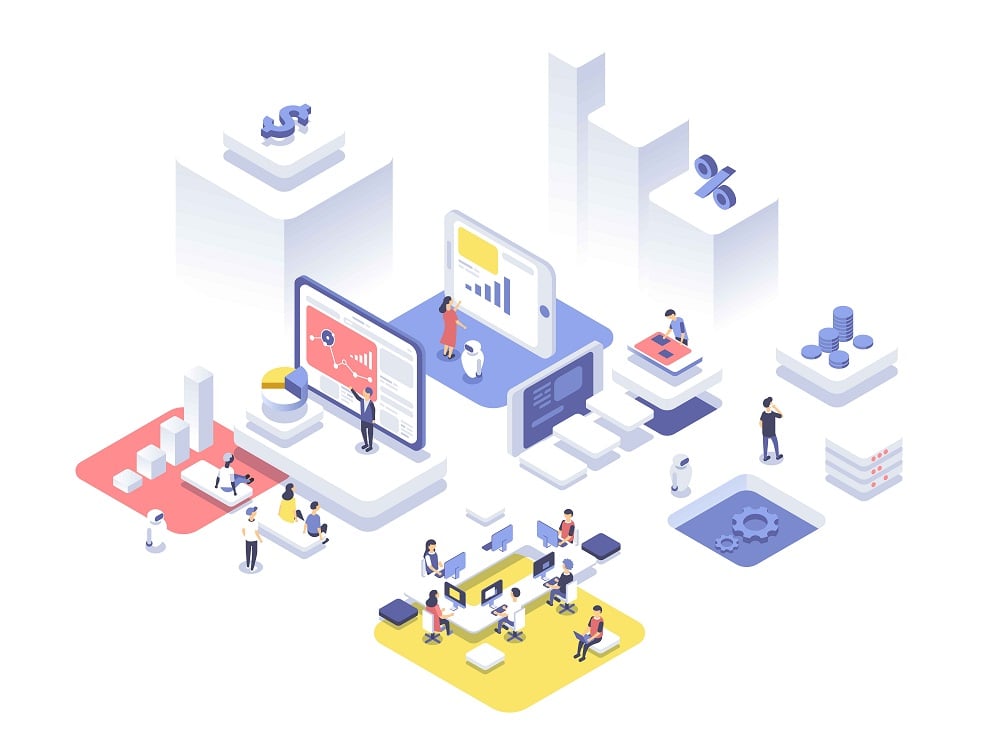What are the Steps of Product Design & Its Process

Hundreds of products are released every month. Some make you interact with strangers, and others make you share your thoughts with the world. However, there are many products that vanish into thin air. For such product failures, while some might blame the product managers and designers, in reality, no litmus test helps predict the future of a product. Nonetheless, mastering the product design process can help you win the game. In this article, we will take you through the introduction to product managemen and the steps involved in product design process while answering the following questions:
- What is product design?
- What is the product design process?
- What are the steps in the product design process?
Let’s begin by understanding the meaning of product design and how product managers and designers play a vital role in this business process.
What is Product Design?
Product design is a process undertaken by product managers and product designers to provide a solution to customers’ problems or solve a market-specific issue. Imagination, ideation, designing, iteration, etc., are some of the activities that are associated with product design. Product managers and their team ideate and imagine a product design that is executed by creating a product design using their designing skills.
A successful product design understands the needs and wants of the customers and the market they are launched in. However, product designers have a product design process that imbibes some key aspects that lead to the success of a product. In the succeeding part of the article, we will be discussing the product designing process.
What is the Product Design Process?
You might have often heard about the product design process in many interviews, conversations, and job descriptions. Although it might sound intimidating and complex, the product design process is a simple technique or trail of how a designer develops a product that suits the customer’s liking and abides by the rules and requirements of the market in which it is introduced. Still, the question – what the product design process is remains unanswered because there is no correct answer to the question.
Different designers have different product design strategies or techniques. As a result, no universal product design process is followed across the industry. However, there are five steps that every product manager and product designer broadly adhere to while designing a product. Below, we enlist these five steps of product design.
What Are the Steps in Product Design?
Empathy
The first step in the product designing process is to understand the perspective and thoughts of the audience. Product managers conduct customer interviews or interact with their target audience on social media to understand their habits, desires, and wants. The data is then shared with the product designers, who design the product according to the consumer’s liking.
Define
The next step starts with the product designer interpreting the consumer data collected by product managers. This step helps define the customer problem and address customers’ issues with a product design.
Ideate
After understanding the problem, product designers and their teams devise different strategies to solve the customer problems. They begin with sorting out an array of potential creative solutions. It is a long and enduring process that tests the skills and capabilities of a product designer.
Prototype
The product designer’s bottled-up creativity is seen in this step of product designing. They use the solutions from the ideation phase to build a prototype, which is then tested. A prototype helps designers understand the tangible changes a product needs to match the customers’ expectations. This step also helps designers discover new facets of the product design, which can then be used while devising marketing and promotional campaigns.
Test
Before releasing the product in the market, designers test the product to gauge if the product matches the needs and desires of the customers. Then, they refer back to the ideation stage and compare it with the prototype they have designed. Product managers also weigh in their expertise in this stage.
Product designers play a vital role in the product designing process. Since its inception (product designing process), product designers have been an active part of the design process, from ideating to designing. Here are some duties of a product designer that they carry out during the designing process.
 What Does a Product Designer Do?
What Does a Product Designer Do?
A product designer is responsible for enhancing the user experience through their product design. However, the responsibilities of a product designer go way beyond that; here are some duties performed by a designer:
- Providing help in ideation of the product
- Testing the product before launch
- Enhancing user experience (UI) and user interface (UI)
- Helping in the product management process
- Interacting with the customer and collecting first-hand data
Every business undertakes the product designing process, you may ask why? It’s simple – to solve a complex customer-related business problem. The product design process focuses on creativity, innovation, user interface and experience enhancement. So, what would product design look like ten decades from now? Read on to know the answer.
Product Management Courses
What Is the Future of Product Design?
Product design is evolving with time; more and more designers are incorporating the latest market trends into product design to make them feel novel and current. For instance, in the past years, several product designers made products with realistic and close-to-reality designs that resembled real-life objects. Similarly, the forthcoming years will be bustling with innovations and creative ideas. Here are some product design trends that will emerge in the upcoming years:
Animation and motion design
The launch of metaverse has encouraged many designers to concentrate on animation and motion design. Therefore, there is a high chance that many product designers will adapt animation and motion design to provide an enthralling experience to the customers.
Interactive design
The pandemic has opened up a plethora of opportunities for brands to connect to their customers personally through chatbots and voice control systems. In the forthcoming years, interactive design will be in more and more products to provide personalized and peculiar products.
Emphasize content and emotions
Content will be at the forefront, and the power of words will be utilized to develop a product. Product designers will emphasize content for developing product design in the upcoming years. In addition, they will be developing other niches to increase the brand’s visibility.
Suppose you are an aspiring product designer, then now is the time to pursue a career in product management. To develop a successful career in product management , you should undertake a bachelor’s or master’s degree in product management or an equivalent course. Read below to learn more about product design courses to pursue a successful career as a designer.
What is a Product Design Course?
Though a few interviewers are still on the lookout for product designers with a bachelor’s or master’s degree in product management or designing, a majority of recruiters prefer product designers with relevant experience, qualifications, skills, and deep knowledge about product design. So, to attain deep knowledge of the product designing process, you can take up product management certification courses from Emeritus India. We offer affordable short-term courses for working professionals in collaboration with reputed universities. To know more about our courses, head to the ‘categories’ section on our website.









